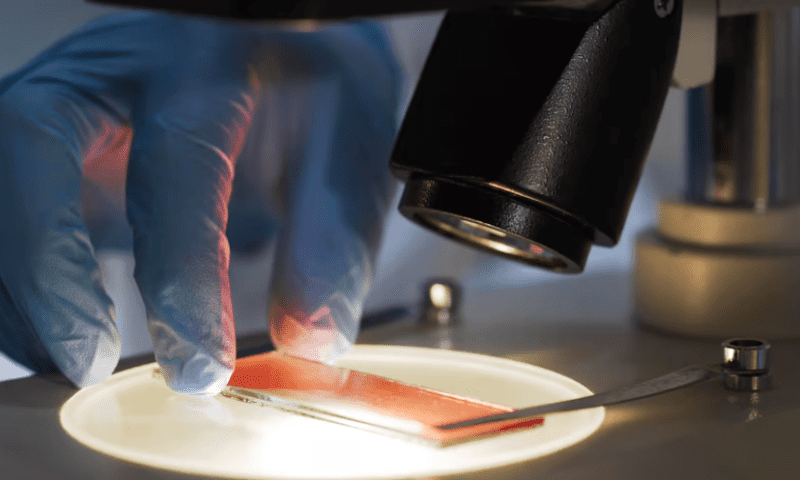NeoImmuneTech’s drug NT-I7 has shown the potential to reduce the number of cells needed in a CAR-T therapy infusion fivefold, as well as boosting survival rates.
CAR-T cell therapy has become increasingly common as a way of treating refractory hematologic malignancies over the past decade. Approved therapies involve taking T cells out of a patient’s blood so they can be changed in the lab to add a gene for a chimeric antigen receptor, or CAR, before being administered back into the patient.
Despite this progress, ensuring these CAR-T cells remain in the body long term can be an issue, potentially leading to relapse of a patient’s cancer. Caribou Biosciences’ initially promising allogeneic CAR-T for non-Hodgkin lymphoma just suffered this fate in updated data presented at the European Hematology Association congress last week.
Step forward NT-I7, also known as efineptakin alfa. The investigational NeoImmuneTech drug is a long-acting human interleukin 7, a protein involved in sustaining the body’s immune response to antigens such as cancer of infectious diseases.
Using models of three different types of blood cancer, a team at Washington University tested whether NT-I7 could give a CAR-T product improved durability and tumor-killing abilities. Their research showed that NT-I7 protected CD19-targeting CAR-T cells from cell death in mice, enhancing the viability of these cells while promoting their expansion in the presence of CD19+ tumor cells.
In their findings, published June 13 in the journal Nature Communications, they noted that the combination of NT-I7 and CAR-T cells “significantly prolonged” survival in mice. Not only that, adding NT-I7 to the mix reduced the minimum number of CAR-T cells needed to achieve a survival benefit, as the drug expanded and increased the tumor-killing abilities of the CAR-T cells.
“Those results demonstrate the broad applicability of NT-I7 for cellular therapy, in addition to its well-documented benefits as a long-acting human IL-7 that has the potential to amplify T cells across the subsets, boost the immune system and enhance the anti-tumor response in people with hematologic malignancies and solid tumors,” Se Hwan Yang, Ph.D., president and CEO of NeoImmuneTech, said in a statement.
The biotech’s next big moment will be seeing whether NT-17 can have a similar effect in humans. A phase 1 trial of the drug in combination with Novartis’ CAR-T Kymriah in relapsed/refractory large B-cell lymphoma is already underway, with an estimated completion date of February 2026.

